The use of a pycnometer is made to measure specific gravity. It is used to determine the liquid density and is made of special glass. Thanks to its sensitive structures, it helps to get accurate results.
The pycnometers have a frosted glass stopper made of glass with a capillary tube for air bubbles to escape. If you are looking for quality and durable picrometers, our company offers you the most suitable solutions at prices according to your budget.
Pycnometer Volumes
The pycnometer volumes differ according to the usage area. Our company offers you a wide catalog in this sense in order to provide an answer for every need. Our main lines of pycnometer solutions are as follows;
AR-141: Pycnometer Method Bottle Type 500 ml
AR-142: Pycnometer Method Bottle Type 1000 ml
AR-143: Pycnometer Method Bottle Type 2000 ml
AR-144: Pycnometer Method Bottle Type 3000 ml
AR-145: Pycnometer Method Bottle Type 5000 ml
AR-146: Pycnometer 25 ml
AR-147: Pycnometer 50 ml
AR-148: Pycnometer 100 ml
AR-149: Pycnometer 250 ml
AR-150: Pycnometer 500 ml
AR-151: Pycnometer 1000 ml
AR-152: Filler head
Each of them is delivered to you with high quality standards. Therefore, the use of pycnometer can be done for a long time. There is also a filling cap on the products. Since the body and cap are of the same serial number, you don’t have to worry about them mixing with the others.
These products, which are manufactured by calibrating from borosilicate glass, have high durability. Thus, it allows a problem-free use for many years.
How to Use Pycnometer?
The use of pycnometer is used to measure the density of gases, solids and liquids. When using them, the weight of the empty bottles is first measured. Then, the reference sample is filled and weighed.
After filling the test liquid and performing the weighing, the weight provides ideal solutions for calculating the superstitious density. Today, many scientific and chemical researches are used, especially in laboratory environments.
Pycnometer Volume Calibration
Pycnometers are used to determine the specific gravity of a liquid, soil or other element. These go through a certain calibration step. Its volume is calibrated by weighing the purified water contained in the device.
The first step in calibration processes is normally provided at 20 degrees. Calibration at 5 degrees to +60 degrees is valid for capacities with temperatures not exceeding 0.5 dm.
Pycnometer Technical Specifications
These products offered to you by our company have high expansion coefficients. Their resistance to light shocks is also quite high. In addition, structural features such as:
It is resistant to chemical effects.
It has an acid and base resistant structure.
It has high electrical insulation.
It is resistant to external factors.
It has a strong, heat resistant structure.
Their fracture resistance is quite strong:
In terms of such qualities, the pycnometer device allows effective use.




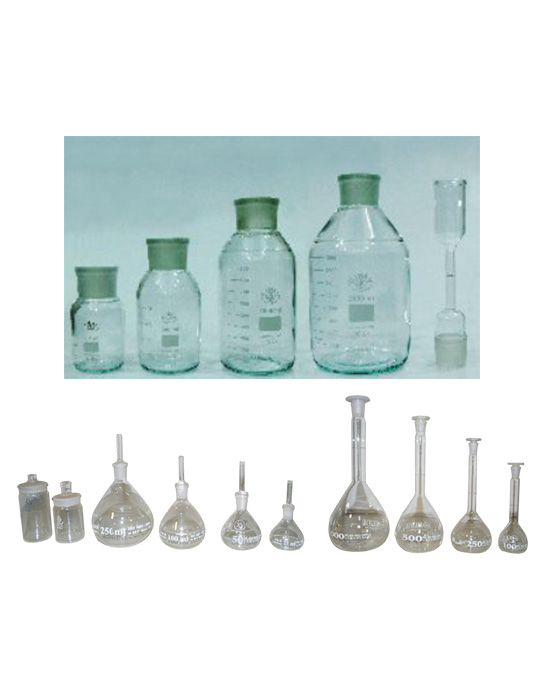
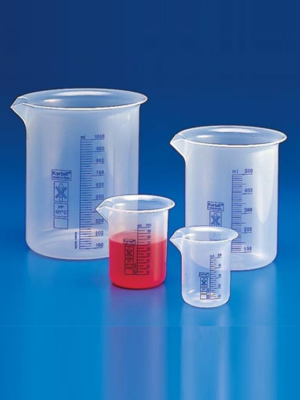
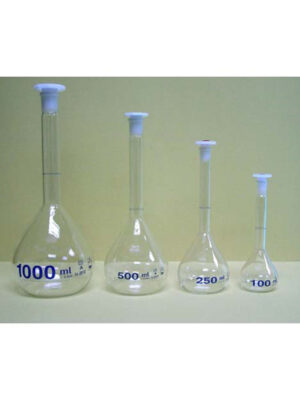
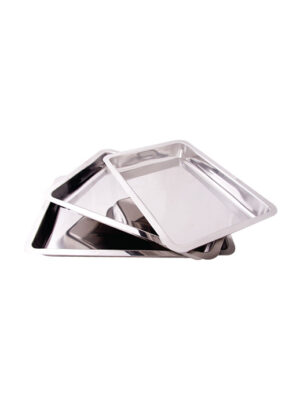
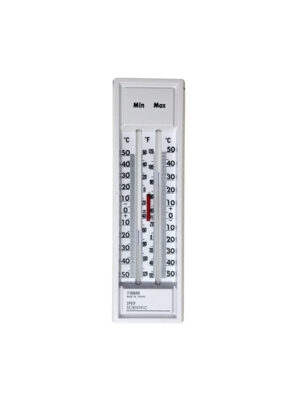
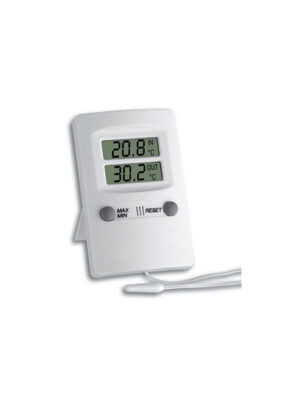
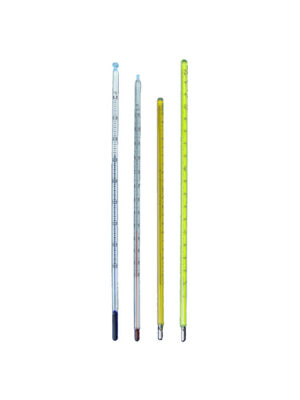
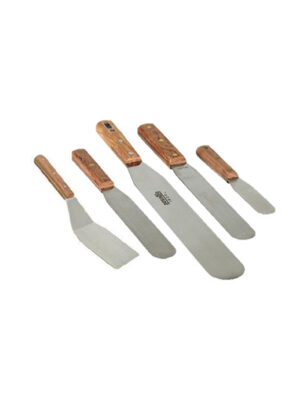
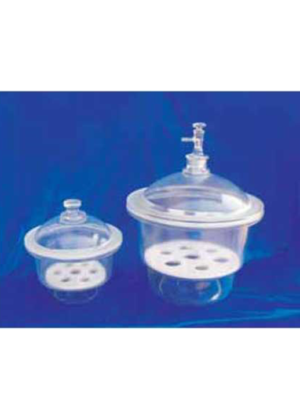
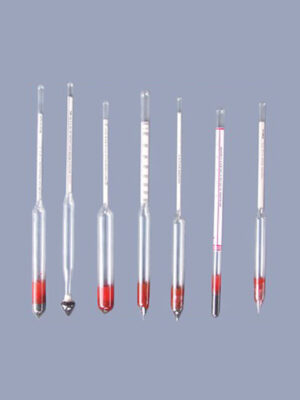
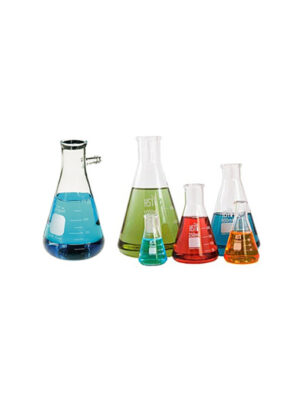
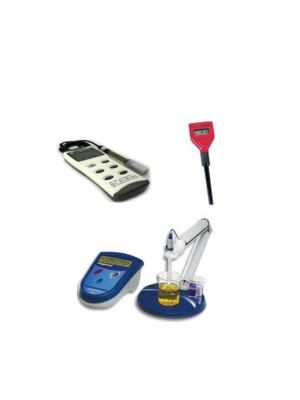
Reviews
There are no reviews yet.